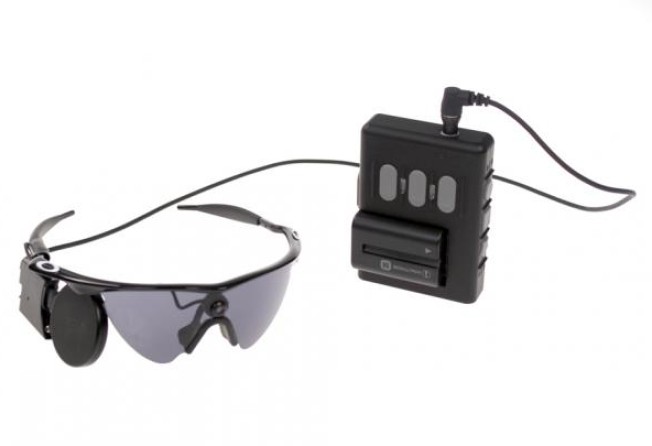March of science transforming lives of the disabled

We use phrases like "physically handicapped" with increasing unease, preferring those that are more positive-sounding such as "differently abled". But such politically correct euphemisms may prove to be prophetic. Extraordinary advances in medical technology have already improved the conditions of disabled individuals and promise even greater things in the near future.
Just last week the US Food and Drug Administration approved an artificial retina developed by scientists to restore partial vision to people who suffer from a certain type of blindness. The device consists of a sheet of electrodes implanted in the eye. The patient is given glasses with an attached camera and a portable video processor which allows visual signals to bypass the damaged portion of the retina and be transmitted to the brain. This enables the user to detect pedestrian crossings, the presence of people or cars and sometimes even large numbers or letters.
But this is just the beginning. Gene therapy, optogenetics, stem cells and other strategies are being developed to tackle other types of blindness such as optic nerve degeneration.
Meanwhile, brain implants that send out infrared signals may soon allow paralysed people to control their limbs, whether artificial or natural, with thoughts. Last year, a 58-year-old woman in the US who had become paralysed after a stroke used a robotic arm to bring a cup of coffee to her mouth and take a sip, just by thinking about it. American researchers have now succeeded in inducing paralysed laboratory rats to use their limbs by training them to "sense" infrared light with a device implanted in their brains. Scientists believe the technology will soon enable paralysed people to do the same.
International researchers now envision a whole array of prosthetics to make up what they call an "exoskeleton" whose movements are to be entirely controlled by thoughts alone. Physical handicaps may eventually become a thing of the past.